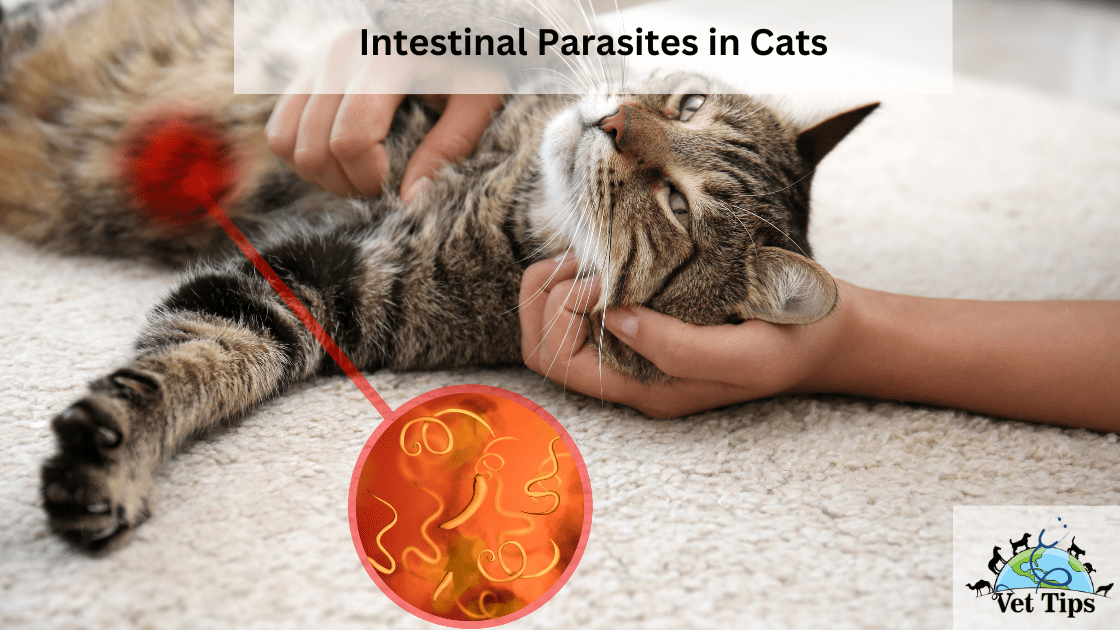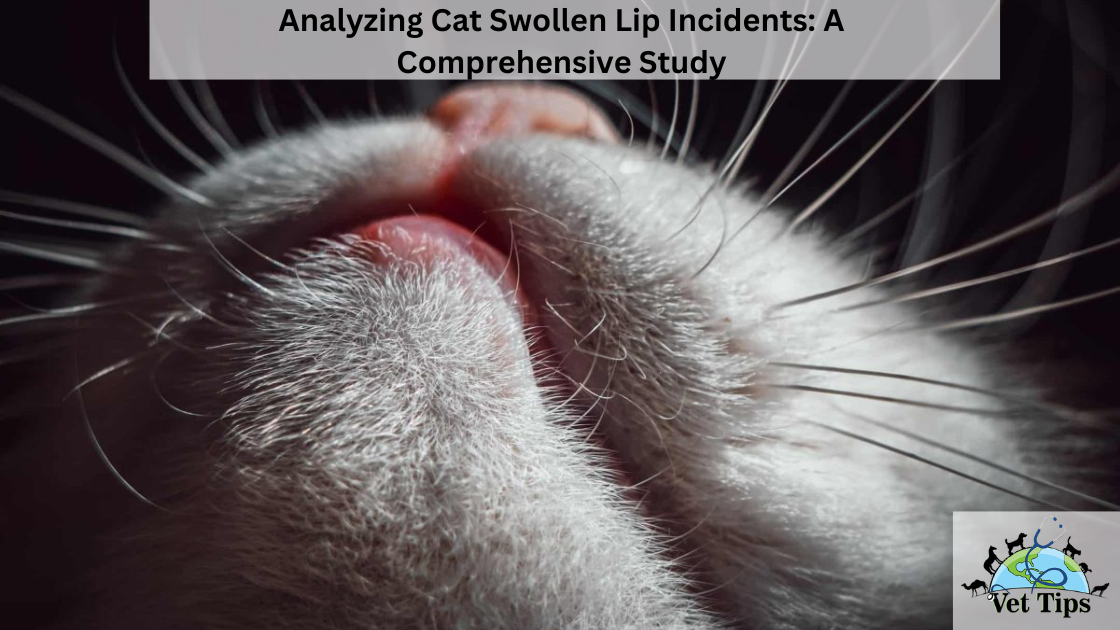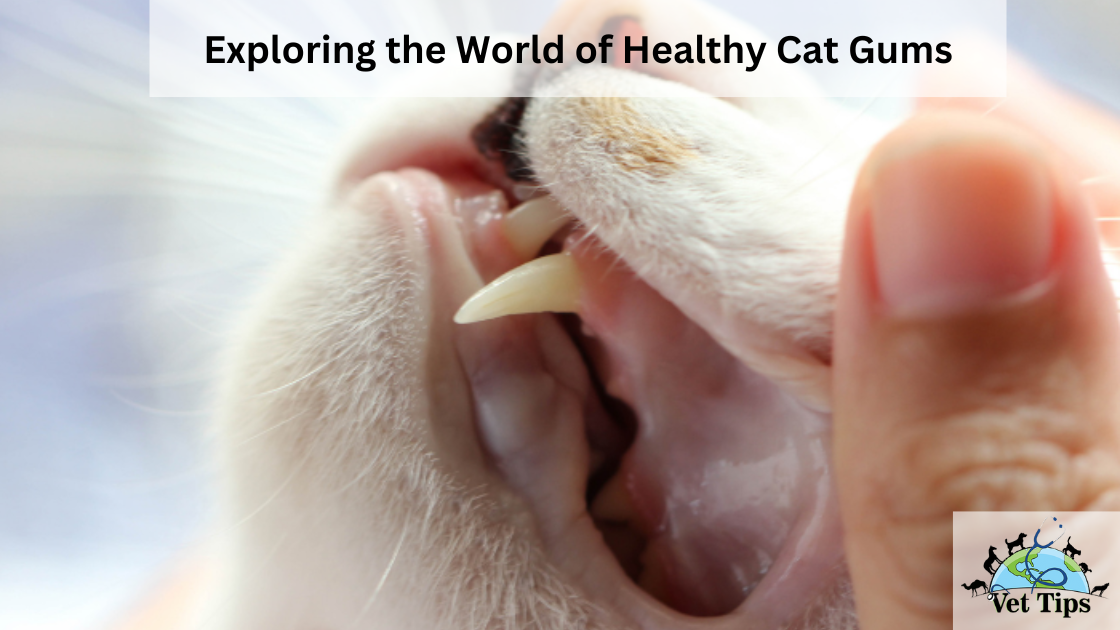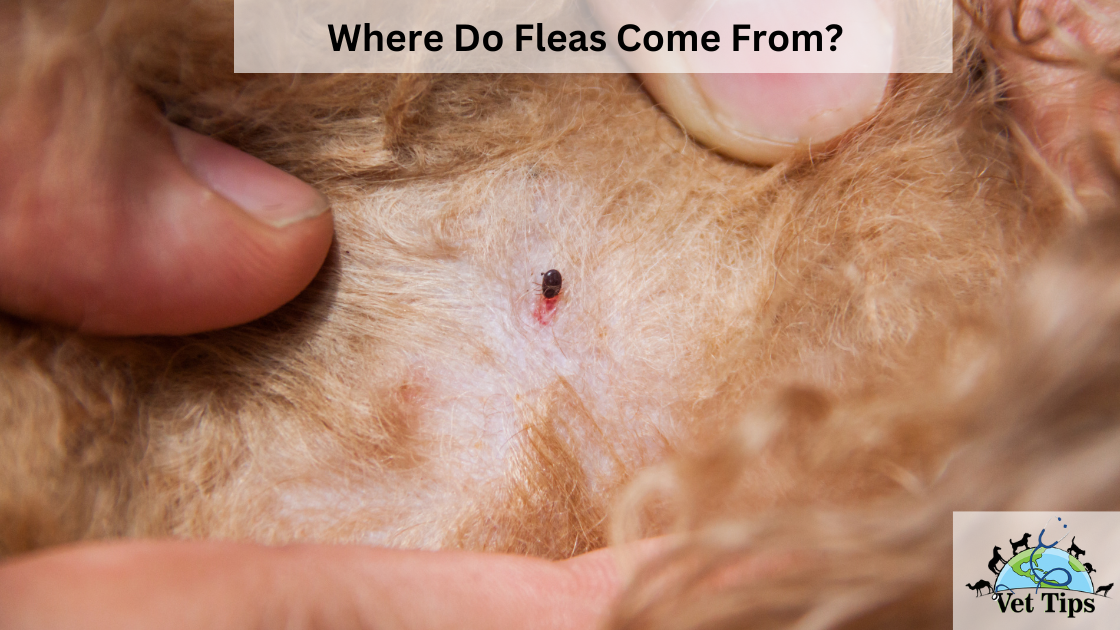Cats, with their enigmatic charm and playful demeanor, often become cherished members of our families. However, these furry companions are not immune to health challenges, and one of the significant concerns is the presence of intestinal parasites. In this article, we’ll delve into the world of intestinal parasites in cats, shedding light on their types, symptoms, prevention, and the importance of vigilant care.
The Intricate World of Intestinal Parasites
Intestinal parasites are organisms that live within a cat’s digestive system, feeding off nutrients and potentially causing harm. Common types of intestinal parasites in cats include:
Roundworms
These spaghetti-like parasites are prevalent in cats. Kittens can acquire them from their mother’s milk or through contact with contaminated environments. Roundworms can lead to vomiting, diarrhea, and even visible worms in the stool.
Tapeworms
Tapeworms are segmented parasites that can attach themselves to a cat’s intestines. They are often transmitted through the ingestion of infected fleas or rodents. Infestations might lead to weight loss, itching around the anus, and segments of the tapeworm in the feces.
Hookworms
Hookworms are small, hook-shaped parasites that attach to the intestinal lining and feed on blood. Cats can contract hookworms through contact with contaminated soil or through ingestion of infected prey. Symptoms can include anemia, bloody stools, and lethargy.
Giardia
Giardia is a microscopic parasite that affects the intestines and can lead to diarrhea, vomiting, and weight loss. Cats can contract giardia by ingesting contaminated water or food.
Detecting Intestinal Parasites
Detecting intestinal parasites can be challenging, as some cats might not show visible symptoms. However, if you observe any of the following signs, consider seeking veterinary attention:
- Weight loss
- Visible worms in feces
- Anemia
- Diarrhea (intermittent)
- Little or no weight gain while following a healthy diet
- Dull coat
- Lethargy
- Vomiting
- Bloody or mucous filled feces
- Coughing
- Decreased appetite
- Pale mucous membranes
Pot-bellied appearance (It is one diagnostic symptom to check for when trying to determine whether or not your cat is infected with intestinal parasites)
Intestinal parasites also cause vomiting, anemia, and dehydration in cats, weakening them and making them more susceptible to viral and bacterial illnesses and diseases, depriving your cat of his or her exceptional health. Certain parasites can also infect people and spread disease.
Treatment
In order to identify the most effective parasite management regimen for your cat, see your veterinarian. The treatment of intestinal parasites should be initiated as soon as they are detected; for cats that are at risk of re-infection, regular deworming may be recommended. In addition, flea treatment can assist some patients from contracting tapeworm infection through their skin. Because of the availability of effective heartworm preventives, heartworm disease prevention for cats is now both safe and simple.
Despite the fact that re-infections of the parasite are relatively prevalent, they can be avoided. The first step in managing parasites is to implement reasonable cleanliness practices. Excreta should be removed daily, the litter box disinfected regularly (e.g., with diluted household bleach), overcrowding should be avoided, raw meat diets should be avoided, and intermediate hosts should be controlled (fleas, ticks, and rodents). The key to having a healthy cat is to keep parasites under control.
Preventing Intestinal Parasites
Prevention is key in ensuring your cat’s well-being. Here are some measures you can take:
Regular Vet Visits
Regular veterinary check-ups are crucial. Your vet can perform fecal tests to detect the presence of parasites and recommend appropriate treatment if necessary.
Flea Control
As fleas can transmit certain types of parasites, practicing flea control measures helps reduce the risk of infestations.
Hygiene and Cleanliness
Maintaining a clean living environment for your cat reduces the likelihood of exposure to parasites. Regular litter box cleaning and thorough cleaning of living areas are essential.
Deworming
Your veterinarian might recommend deworming treatments, especially for kittens. These treatments help eliminate any existing parasites and prevent further infestations.
Limiting Outdoor Exposure
If your cat spends time outdoors, be cautious about their interactions with other animals and exposure to potentially contaminated environments.
The Transmission of Intestinal Parasites from Cats to Humans
The transmission of intestinal parasites to people can occur in a variety of ways. Depending on the parasite, the primary route of transmission may change.
Intestinal parasites can be introduced into the human body by ingesting infected animal feces or consuming contaminated soil or water sources. Roundworms, hookworms, Giardia, and Toxoplasma are just a few of the parasites found.
Some parasites can be spread when the larvae of the parasite come into contact with exposed skin. Hookworms, for example, maybe transmitted in this manner by flies.
Other intestinal parasites are transmitted by consuming raw or undercooked meat that has been infected with them. Various tapeworms, as well as the parasite Trichinella, can be spread by this method.
Following basic measures, such as maintaining excellent hygiene and ensuring that all meat is fully cooked before eating, can help to prevent infection with zoonotic intestinal parasites in the vast majority of cases.
FAQs About Intestinal Parasites in Cats
Is it dangerous for cats to have intestinal worms?
Yes, it is hazardous, especially in kittens under the age of one year; intestinal worms can be a severe problem. Roundworms can impair growth and development, but hookworms can cause anemia in kittens. In addition, tapeworms can accumulate in huge numbers, causing intestinal obstruction and other complications.
In contrast, intestinal parasites throughout adult cats are only infrequently deadly in their lives. Debilitated or immune-compromised animals, on the other hand, are more prone to acquire severe intestinal parasitism and to exhibit clinical signs as a result of the worms they carry.
Heartworm disease is a leading cause of mortality in dogs, and now it is also becoming increasingly recognized as a cause of death in felines. Because of the transmission of heartworm disease via mosquitoes, the heart and lungs might suffer severe damage.
Can intestinal parasites be transmitted from cats to humans?
Certain intestinal parasites can pose a risk to humans, especially young children and immunocompromised individuals. Practicing good hygiene and regular vet care minimizes this risk.
Can indoor cats get intestinal parasites?
Indoor cats are still at risk, as parasites can be brought into the home on shoes, clothing, or by other pets.
Can over-the-counter deworming treatments be effective?
While some OTC treatments might help, it’s best to consult a veterinarian for accurate diagnosis and appropriate treatment.
Can my cat get re-infected after treatment?
Re-infestations are possible, which is why regular vet visits and preventive measures are important.
Conclusion: Intestinal Parasites in Cats
Intestinal parasites in cats are a real concern, but with attentive care and preventive measures, you can help keep your feline friend safe and healthy. Regular veterinary check-ups, hygiene maintenance, and deworming treatments are integral components of responsible pet ownership. By staying vigilant and informed, you’re taking significant steps to ensure that your beloved cat enjoys a life free from the threats posed by intestinal parasites.
Tell us in the comments, how you like our article “Intestinal Parasites in Cats”
For similar posts like this, click here.
For the source file, click here.








One thought on “Unveiling the Threat: Intestinal Parasites in Cats”